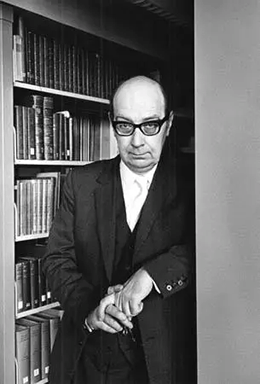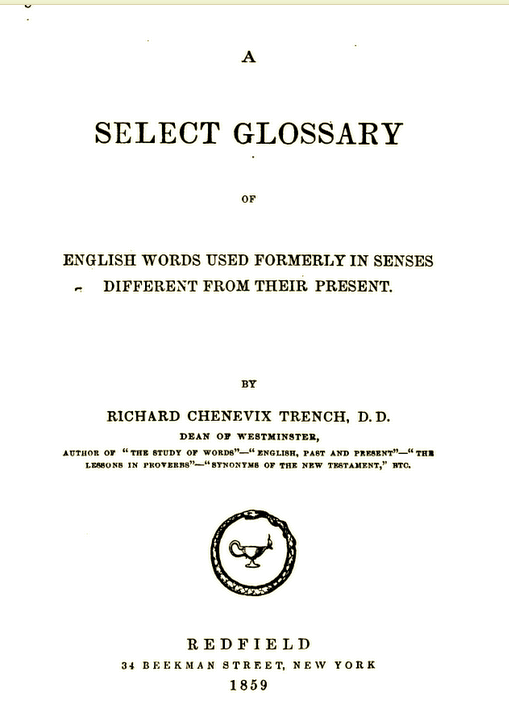…that year again
This time, the birth year of the British poet Philip Larkin. With little tolerance for “modernist” pretensions, or that which he may so have considered, it is interesting that Larkin should be born at a time when that particular movement was turning the literary establishment upside down, and in that year that such legendary modernist texts like T.S. Eliot’s “The Waste Land” and Joyce’s novel Ulysses were published and creating furor. Perhaps from mother’s womb, to the cradle and onward, Larkin was predestined to rebel against the new or, at least, make the old new again.
Philip Larkin was born in Coventry on 9 August, 1922, a hundred years ago today, and died on 2 December, 1985. In the years since his death, and particularly those most recent, Larkin has fell afoul of many who seek to (re)define the British literary canon – an endeavor not without merit. His sins appear to have been numerous (and contested) – misogynistic, sexually compulsive and irresponsible, racist, antisemitic, and some would say just plain not very nice – traits so defining and presumably inextricable from his work that examination boards have dropped him from the curriculum (not being cancelled, though, says The New Statesman).
Larkin’s poetry is only as difficult as one wants it to be, highly accessible and, I think, not at all dated – definitely stuff for young, curious minds. Certainly I could imagine a contemporary British school student, irrespective of background, being able to imagine more in Larkin, getting more from Larkin, than, say, a young German vis-à-vis Goethe. Yes, Goethe, he who is being relegated from the compulsory to the optional category of the German secondary curriculums in some states. Including, Bavaria, the state in which I live, with the demotion of Faust in 2024. I am quite sure Goethe’s well documented erotic predilections had nothing to do with that decision, rather a reasonable approach in broadening the range for a particular epoch in which Germany is not short of literary representation. Unfortunately, in England, Larkin seems primarily to have fallen victim to his white maleness as educationalists scramble to make amends for the colonial mindset and lack of diversity that had hitherto characterized the curriculum. That is understandable, but … Why Larkin?!
What do I know about Philip Larkin? Not much. I haven’t read Andrew Motion’s biography nor any other biographical material, including controversial correspondence with mother, girlfriends and others that have surfaced, nor anything much in the way of scholarly or gossipy articles. But it seems clear Larkin was a very complicated man, plagued by melancholy and inadequacy to the point of depression, and influenced (as are we all) by the society (human and situational) he kept. And, a wonderful poet. I only know some of his work, and those the familiar pieces known to many, but I think them splendid. Following are links to some of these, and other reference material.
- The Whitsun Weddings (incl. poem guide)
- The Trees
- Mr. Bleaney
- Aubade
- This Be The Verse
- Church Going
- Cut Grass
- Toads (1954) & Toads Revisited (1962)
- Philip Larkin reading “The Whitsun Weddings”, “The Trees” and “Mr. Bleaney” at The Poetry Archive.
- Bio, essays, collection at the Poetry Foundation
Auntie, reluctant to show her age these days (change: all just a matter of cosmetics), lets herself go this week and the next and, with the (probably fleeting) acceptance of their listener’s demographic, presents “Larkin Revisited” on Radio 4: “Across ten programmes and ten Philip Larkin poems, Simon Armitage, the poet laureate, finds out what happens when he revisits and unpicks Larkin’s work in his centenary year.”



